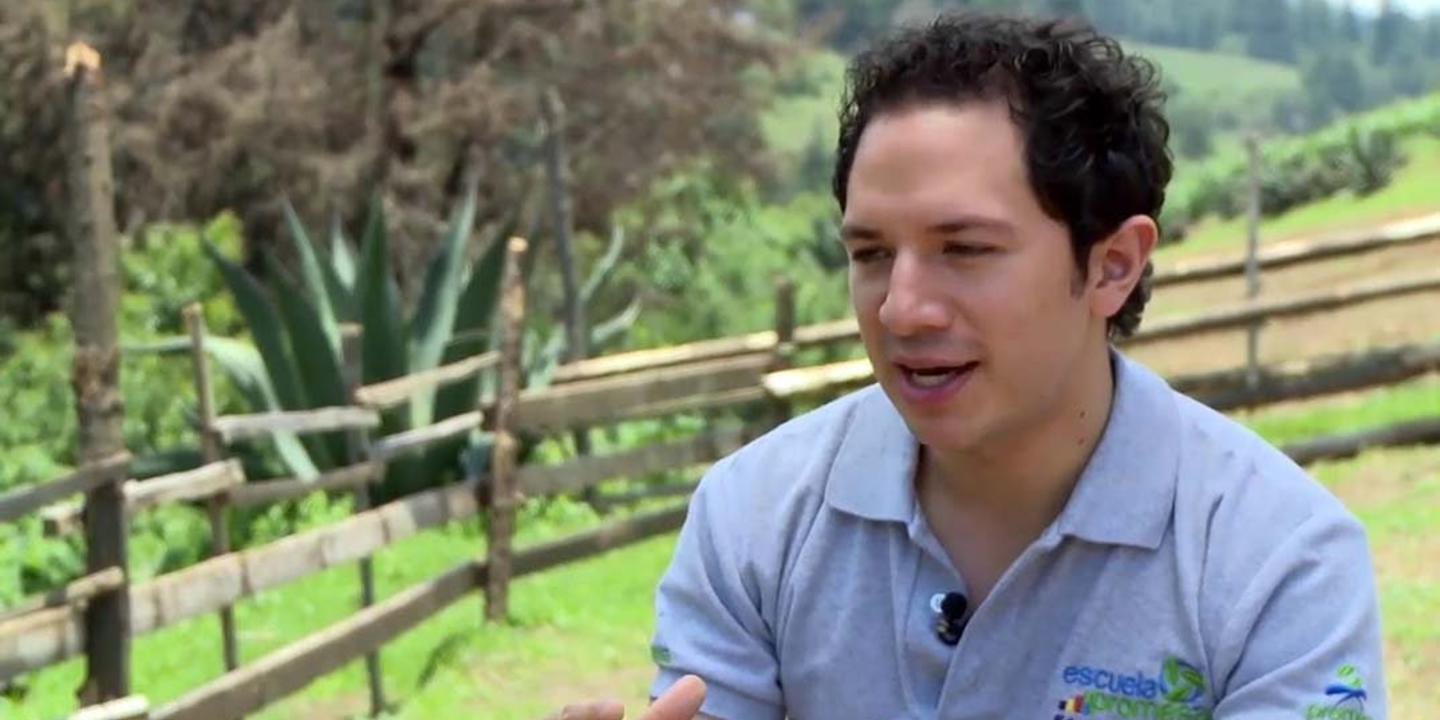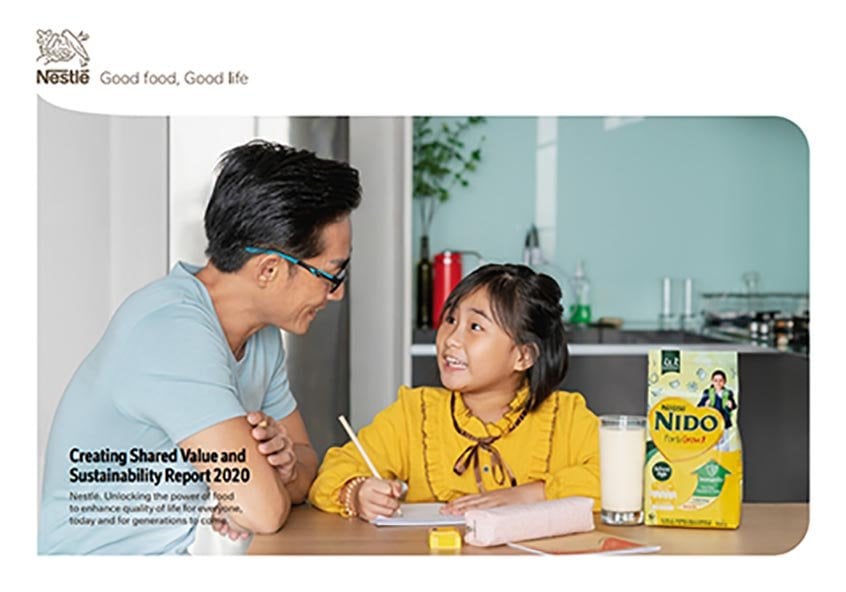The Nestlé CSV Prize
Inspiring solutions for over ten years
The competition
The Nestlé CSV Prize 2020-2021, in partnership with Ashoka, was entitled 'How do we create a waste-free future?'. We are identifying innovative solutions that contribute to our vision that none of our packaging, including plastics, ends up in landfill or as litter.
From reuse and refill systems, through recycling innovations, to behavior change initiatives, we welcomed entries from around the globe that aligned with our actions to tackle plastic waste.
The selection process and finalists
We launched the Nestlé CSV Prize 2020-2021 in September 2020, receiving entries from 173 applicants. Over the next 10 months, each application was reviewed by Nestlé packaging experts.
Ten finalists have been selected based on their potential for positive impact for a waste-free future and for collaboration with Nestlé. From these, the winner(s) will be chosen by the Nestlé CSV Council and announced on July 5.
All finalists benefit from Ashoka's online resources and workshops, as well as a mentoring program, to explore the potential for collaboration with Nestlé.. Additionally, the winner(s) receive(s) a cash prize up to CHF 250 000. Through this financial investment and technical resources, innovators can amplify their impact, scaling up solutions to achieve potentially global change.
The finalists
Latin America
Guatemala: Uplifting people with disabilities through recycling with Circulo
The problem: In Guatemala, people face two key problems – low quality of life for people with disabilities and a rising burden of single-use plastic pollution.
The solution: Circulo collects and processes waste materials, upcycling them into new products. These products are then sold, with profits funding health treatments and employment opportunities created for people with disabilities.

Mexico: Establishing community recycling with Promesa
The problem: While over 53 million tons of waste is produced in Mexico annually, the country is ill-equipped for recycling. This is compounded by a lack of environmental education.
The solution: Through a comprehensive education program, Promesa is enabling companies, schools and households to develop self-sustaining community recycling schemes.
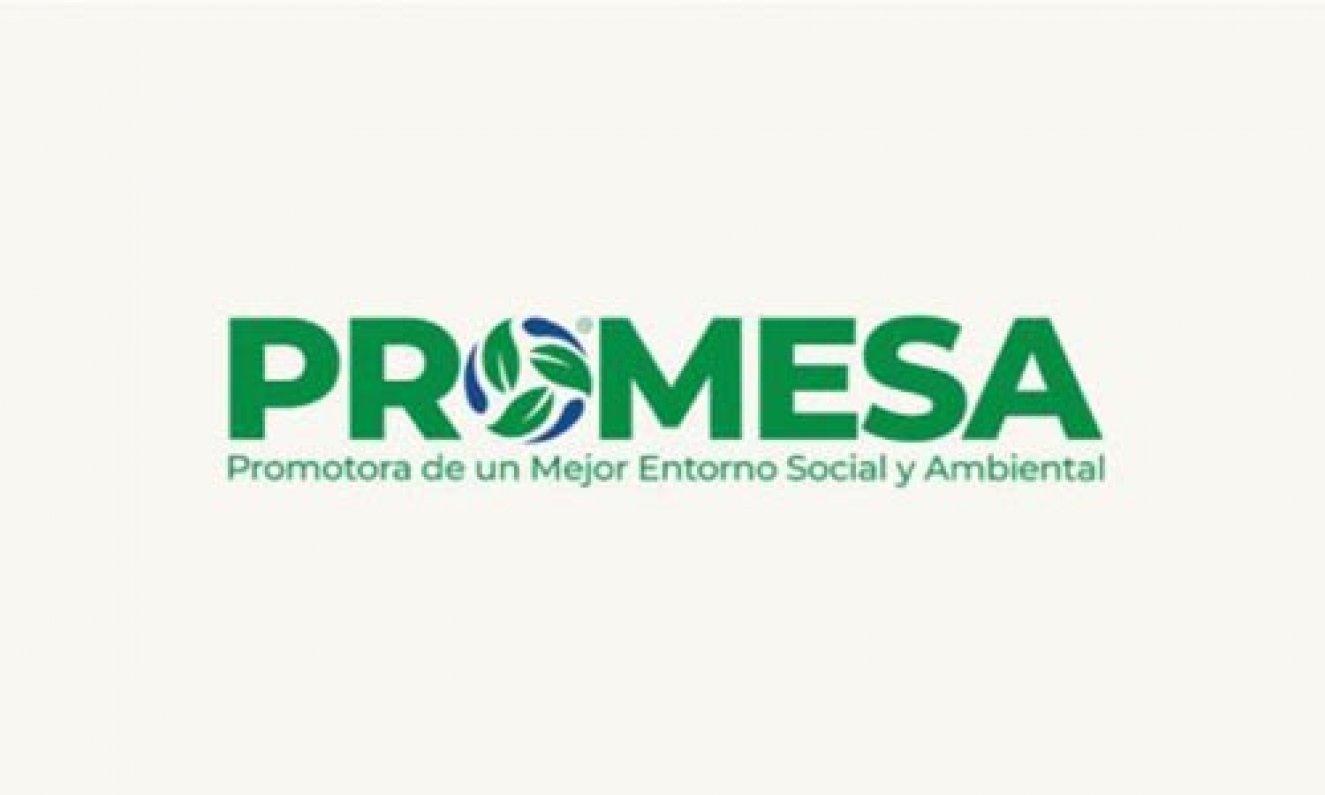

North America
USA: Enabling transitions to reusable packaging with Vessel
The problem: Single-use disposable packaging is a significant contributor to the global waste crisis. However, while better for the planet, reusables still pose challenges in the form of more complex asset tracking, re-collection and washing.
The solution: Vessel harnesses Internet of Things (IOT) technology and expert reverse logistics knowledge to support companies in transitioning to reusable foodware and packaging.


Canada: Engaging the public in circularity with Planet Protectors
The problem: People know change is required to protect the planet. However, existing programs, which rely solely on sharing information rather than appealing to our emotions, are ineffective.
The solution: Planet Protectors is developing a mobile game to encourage children to adopt a circularity mindset and make reducing waste a fun and collaborative activity.


Europe and the Middle East
France: Enabling a transition to renewables with Pandobac
The problem: In France, single-use disposable packaging for food transportation and distribution ends up mostly incinerated, as landfill waste or pollution.
The solution: Pandobac provides solutions for implementing reusable packaging systems. Consultancy services help companies explore packaging issues, calculate financial implications and identify the best reusable options. Pandobac also rents reusable crates, which are tracked and washed to ensure reuse.
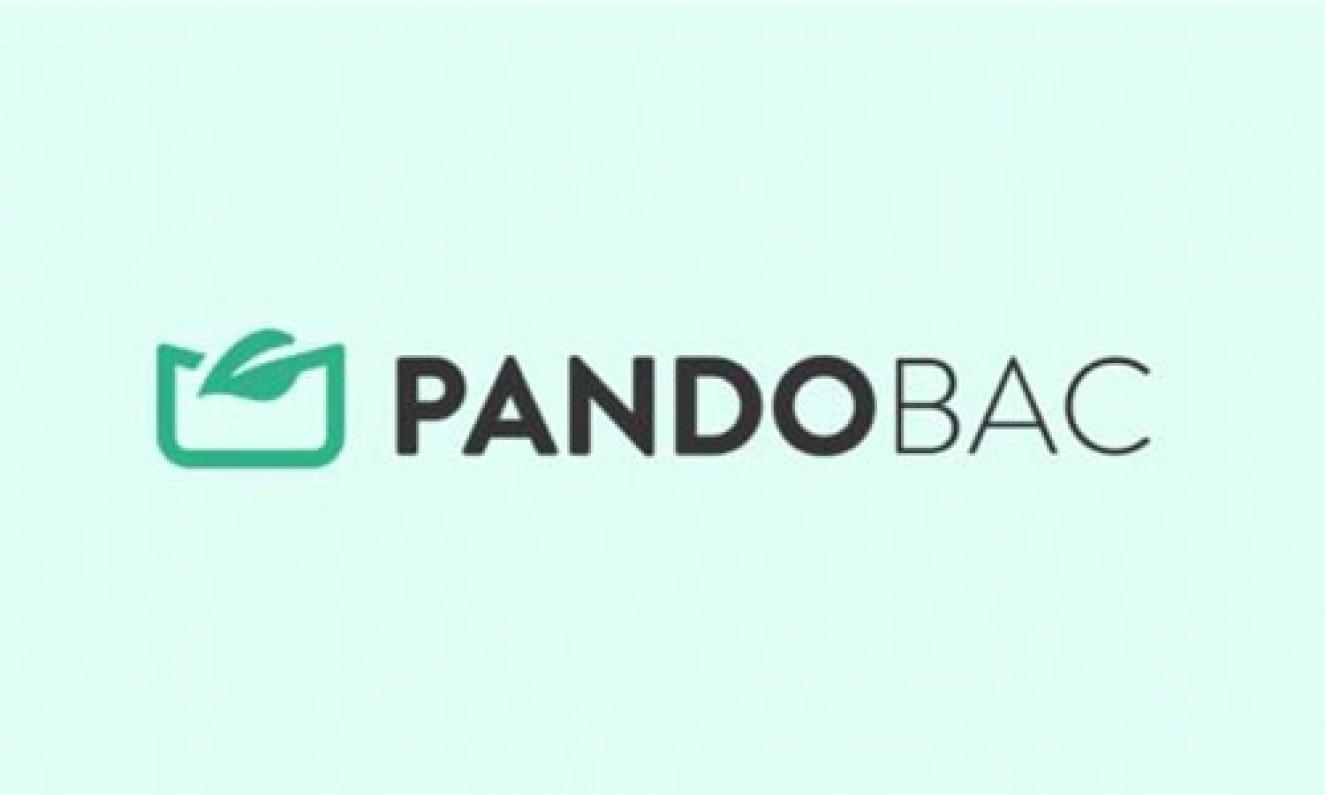
Lebanon: Removing barriers to recycling with Live Love Recycle
The problem: For years, Lebanon has lacked efficient waste management, with no government strategy to reduce production and no incentive for consumers to recycle. The result is that many natural spaces are now saturated with waste.
The solution: Live Love Recycle has created an app that offers on-demand recycling collection services, removing a barrier to sustainable waste management.


Africa
Tanzania: Upcycling to support people and the planet with EcoAct
The problem: EcoAct is addressing plastic waste, deforestation and climate change, as well as social problems including slum proliferation and barriers to health facilities for lower income families.
The solution: EcoAct transforms plastic waste into durable timbers for construction. This affordable alternative to wood reduces deforestation and climate change impacts. Through the Garbage Medical Insurance project, families living in slums can exchange plastic waste for medical health insurance coverage.


South Africa: Digitizing the recycling supply chain with Kudoti
The problem: USD 120 billion worth of waste plastic material is lost every year due to supply chain inefficiencies, preventing it from being recovered and reused.
The solution: The Kudoti platform is a digital network of recycling stakeholders, empowering a range of organizations - from recyclers and brands to local-level aggregators and collectors - to buy and sell recovered waste resources in a profitable, traceable manner.

Asia
Singapore: Closing the loop on waste with RecyGlo
The problem: Less than 20% of waste produced in Southeast Asia is extracted for recycling, reuse or composting. Half of it leaks into waterways while the rest is sent to landfill.
The solution: RecyGlo has developed a B2B closed-loop platform through which it facilitates refill stations for everyday products, door-to-door delivery for business and households, and collection services for plastic waste.

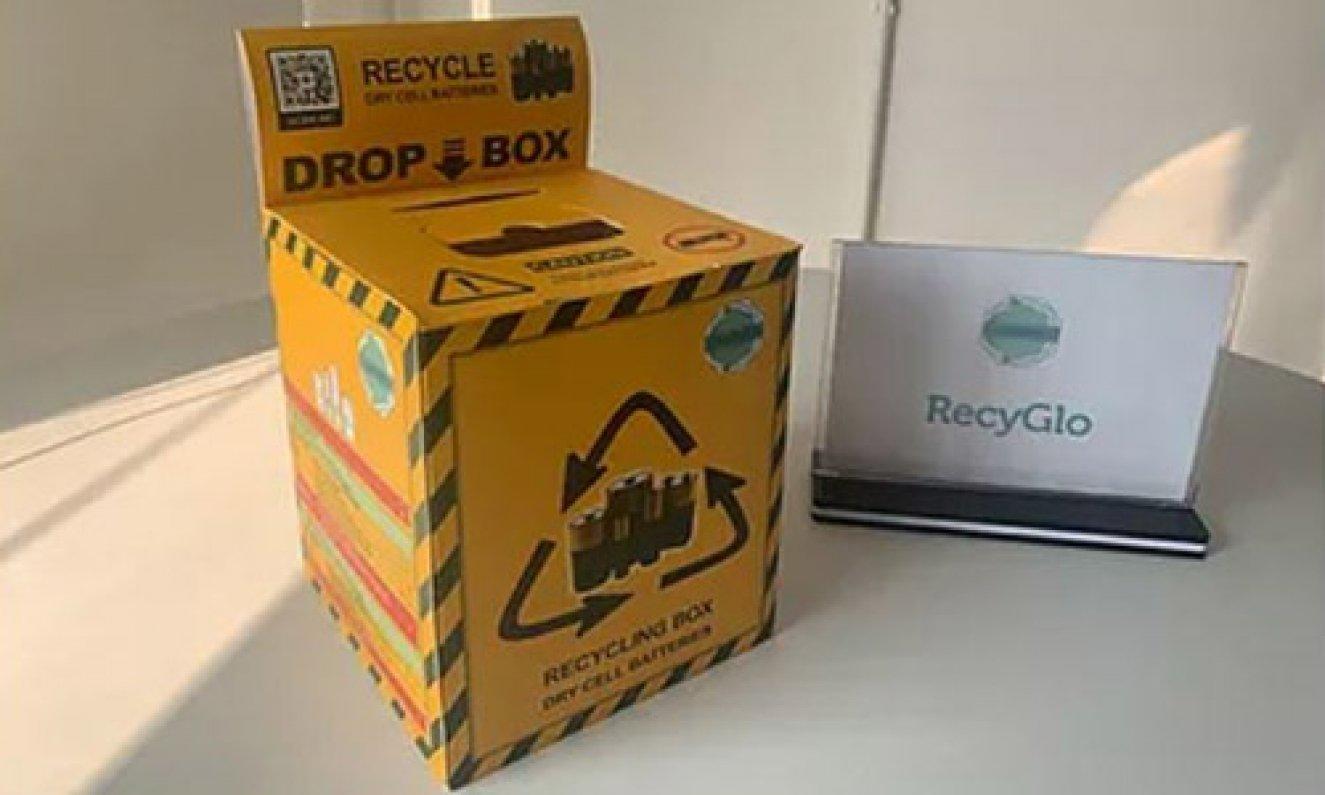
India: Giving plastics a second life with Ricron Panels
The problem: Mixed plastic waste and multi-layer plastics are not easily recycled and are instead sent to landfill or incinerated for energy recovery. The majority, however, remains uncollected, leaking into oceans, rivers and natural spaces.
The solution: Ricron Panels converts hard-to-recycle plastic waste into sustainable building materials. Ricron is a direct substitute for traditional building materials, such as plywood, metal and cement and can be used in applications from housing and sheds to furniture.

